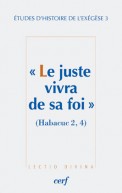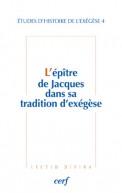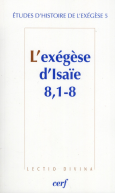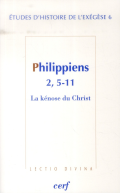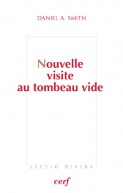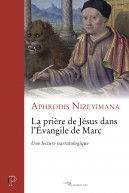La Parabole des talents (Mt 25,14-30)
Collection Lectio Divina - N° 242
144 pages - avril 2011
16,50€
--
After the apparently scandalous episode of the ‘sister-wife’, here is yet another astonishing Biblical text: the parable of the talents (Mt 25, 14-30) or minas (Lk 19, 12-27). Read in the context of our troubled economic times, it may be surprising! Is the man with five talents a successful trader? Following the principle of the ‘Journées bibliques’, five explanations are provided: firstly, an interpretation of the parable in ‘De centesima’ by the pseudo-Cyprian of Carthage; secondly, exegetic opinion in medieval times, when the reflection on money was undergoing revival; thirdly, how Martin Luther and Jean Calvin viewed it, once again at a time when economic structures were being called into question; fourthly, the thoughts of an important Catholic exegete at the beginning of the 17th century, Cornelius a Lapide; and lastly, the story seen through the eyes of contemporary exegetes, in the light of the study of the parables by Jülicher, Dodd and Jeremias. Two lexical notes, one on the word ‘talents’ and its evolution, the other on the relation between parable and ‘mashal’, complete the five interpretations. This book is a product of the second ‘Journées bibliques’ organized by the Laboratoire d'études des monothéismes/Institut d'études augustiniennes (CNRS-EPHE Sciences religieuses-Paris IV) and the Research Group on Religious Non-Conformism in the 16th and 17th centuries and the History of Protestantism (GRENEP, Faculty of Protestant Theology at the University of Strasbourg).
- Dimensions : 135x215x11
- ISBN : 9782204091930
- Poids : 210 grammes
Avec la collaboration de : Annie Noblesse-Rocher, Emmanuel Bain, Gilbert Dahan, Hugues Cousin, Isabelle Fabre, Jean-Robert Armogathe, Matthieu Arnold, Rémi Gounelle
DU MÊME AUTEUR
> VOIR TOUS LES LIVRES DE l'AUTEUR


